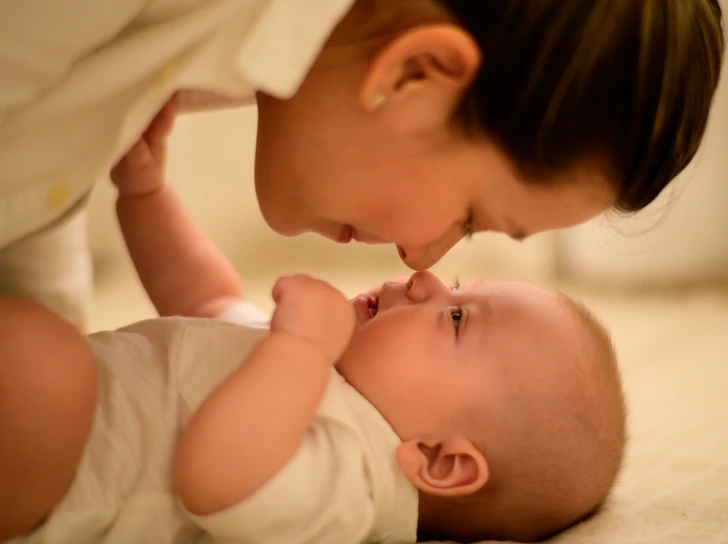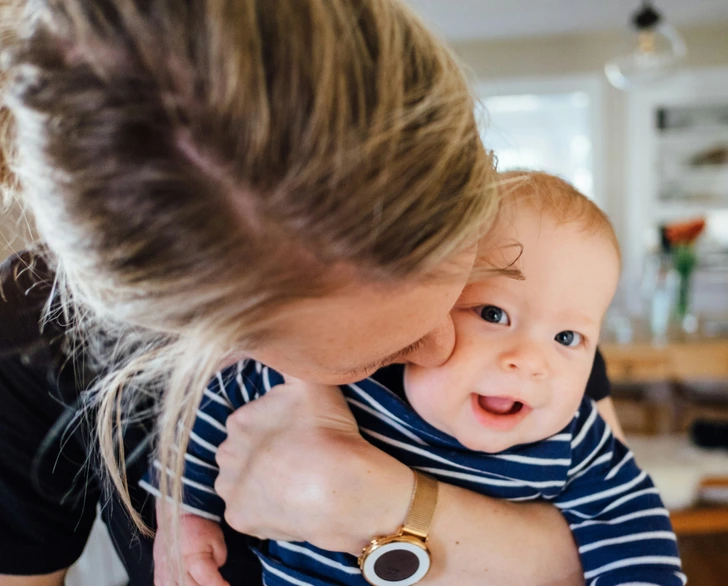In recent years, societal perceptions around late motherhood have shifted dramatically. What was once viewed with skepticism is now being embraced as a viable option for many women. Fascinatingly, recent studies have shown that giving birth after 40 not only has social and emotional benefits but also might contribute to a longer life. Let’s delve into the details of why having children later in life could be beneficial for your longevity and overall well-being. benefits of having children
The Link Between Late Childbirth and Longevity
It might come as a surprise, but there is a growing body of research suggesting a strong link between late childbirth and longevity. Studies have found that women who give birth in their 40s are more likely to live to 100. This correlation is not coincidental; it appears that the genetic factors enabling women to conceive naturally at an older age might also be linked to exceptional longevity. Essentially, if your body can handle childbirth later in life, it might also be equipped with the genetic tools to age more slowly.
Health and Age: Indicators of Longevity

Another significant insight from research is that women who give birth between the ages of 30 and 40 also have a higher likelihood of living longer. Specifically, women who have children after the age of 33 tend to live longer than those who have their last child before the age of 30. Researchers emphasize that the age of last childbirth should not be manipulated to increase lifespan but rather viewed as an indicator of overall health and aging. If a woman’s reproductive system ages slowly, it is likely that the rest of her body follows the same pattern.
Genetic Insights from the Long Life Family Study

To delve deeper into this phenomenon, researchers used data from the Long Life Family Study, which investigates biological, psychological, and genetic factors in families known for longevity. They examined the childbirth history of 462 women and found that those who had their last child after age 33 were twice as likely to live to 95 or older compared to those who had their last child by age 29. These findings suggest that women may contribute significantly to developing genetic traits that slow aging and reduce the risk of age-related diseases, thus contributing to longer lifespans.
The Benefits of Older Motherhood

Apart from the genetic and health benefits, becoming a mother later in life has several social and emotional advantages. Today, older mothers tend to be more educated and have smaller families,
which contrasts with the past where older mothers often had lower education levels and larger families. This shift means that children born to older mothers today generally have better outcomes compared to those born to younger mothers in the past. Studies also indicate that older mothers feel happier around and after childbirth,
whereas younger mothers might not experience or maintain this level of happiness as long.
Cognitive Benefits of Late Pregnancy

Another fascinating aspect of late motherhood is its potential impact on cognitive health. Research suggests that pregnancies later in life might help protect against cognitive decline. A study involving 830 women aged 41 to 92 found that those who had their last baby after the age of 35 showed better brain function. This indicates a strong link between having children later and maintaining cognitive abilities in later life.
Navigating Parenthood at an Older Age

While starting a family later in life comes with its own set of challenges, it also brings unique rewards. Older parents often have more stable careers and clearer personal goals,
which can make them better prepared for the ups and downs of parenting. The determination not to let age stop them from starting or expanding their families is evident in many older parents, who often find that having children after 40 can be just as,
if not more, fulfilling than in their twenties. benefits of having children
Conclusion
The decision to have children later in life is deeply personal and influenced by numerous factors. However, the evidence suggests that late motherhood is associated with numerous benefits,
including increased longevity, better overall health, and enhanced cognitive function. While there are certainly challenges to starting a family later, the potential advantages for both mother and child are significant. Embracing the timing that feels right for you, coupled with an understanding of these benefits,
can lead to a fulfilling and rewarding experience of motherhood. benefits of having children
Discover more trends:
- Justin Bieber elucidates why Hailey postponed having children sooner.
- Postnatal Hair Loss: All You Need to Understand Regarding Hair Shedding After Pregnancy
- 11 Perfectly Normal Things People Shouldn’t Be Ashamed Of
- Maximizing the Longevity of Hair Color: Expert Tips and Techniques
- How Medicinal Mushrooms Boost Your Brain Health
- Follow us on Facebook
- Follow us on Pinterest





